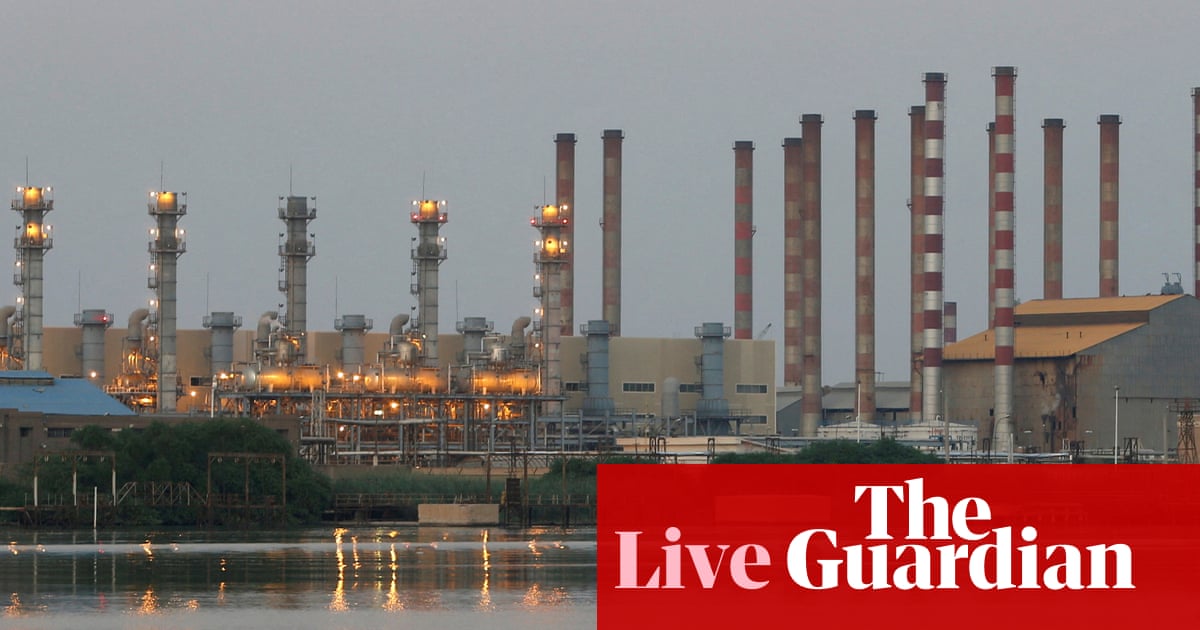Escalating Israel-Iran Conflict Triggers Surge in Oil Prices and Global Market Fluctuations
Oil prices soared over 7% following Israel's military actions against Iran, causing significant declines in global stock markets and raising concerns about economic stability.
Subscribe to unlock this story
We really don't like cutting you off, but you've reached your monthly limit. At just $5/month, subscriptions are how we keep this project going. Start your free 7-day trial today!
Get StartedHave an account? Sign in
Overview
- Oil prices surged more than 7% after Israel attacked Iranian nuclear and military targets, impacting global markets.
- Israel warned 330,000 residents in Tehran to evacuate, leading to stock declines in Europe and Asia.
- The conflict raises concerns about potential disruptions in Iran's oil supply, which is crucial for the global economy.
- Investors are seeking safe havens like gold amid rising oil prices and fluctuating stock futures.
- Companies reliant on fuel are facing significant losses, while defense contractors see gains amid the escalating crisis.
Report issue

Read both sides in 5 minutes each day
Analysis
Emphasizes the impact of Israel-Iran tensions on oil prices and global stock market fluctuations.
Articles (10)
Center (5)
FAQ
The conflict could lead to significant economic implications, including increased oil prices, potential disruptions in global energy supply, and heightened inflation. These factors could impact global economic stability and lead to volatile equity markets and increased risk aversion.
The conflict could lead to disruptions in Iran's oil supply, which is crucial for the global economy. If Iran attacks Gulf Arab oil infrastructure or blocks the Strait of Hormuz, energy prices could rise significantly, potentially triggering a global recession.
The conflict has led to immediate market volatility, with stock indices like the Dow and S&P 500 experiencing declines. Investors are seeking safe-haven assets such as gold and the U.S. dollar due to heightened uncertainty.
History
- 5M

 6 articles
6 articles
- 5M

 3 articles
3 articles







